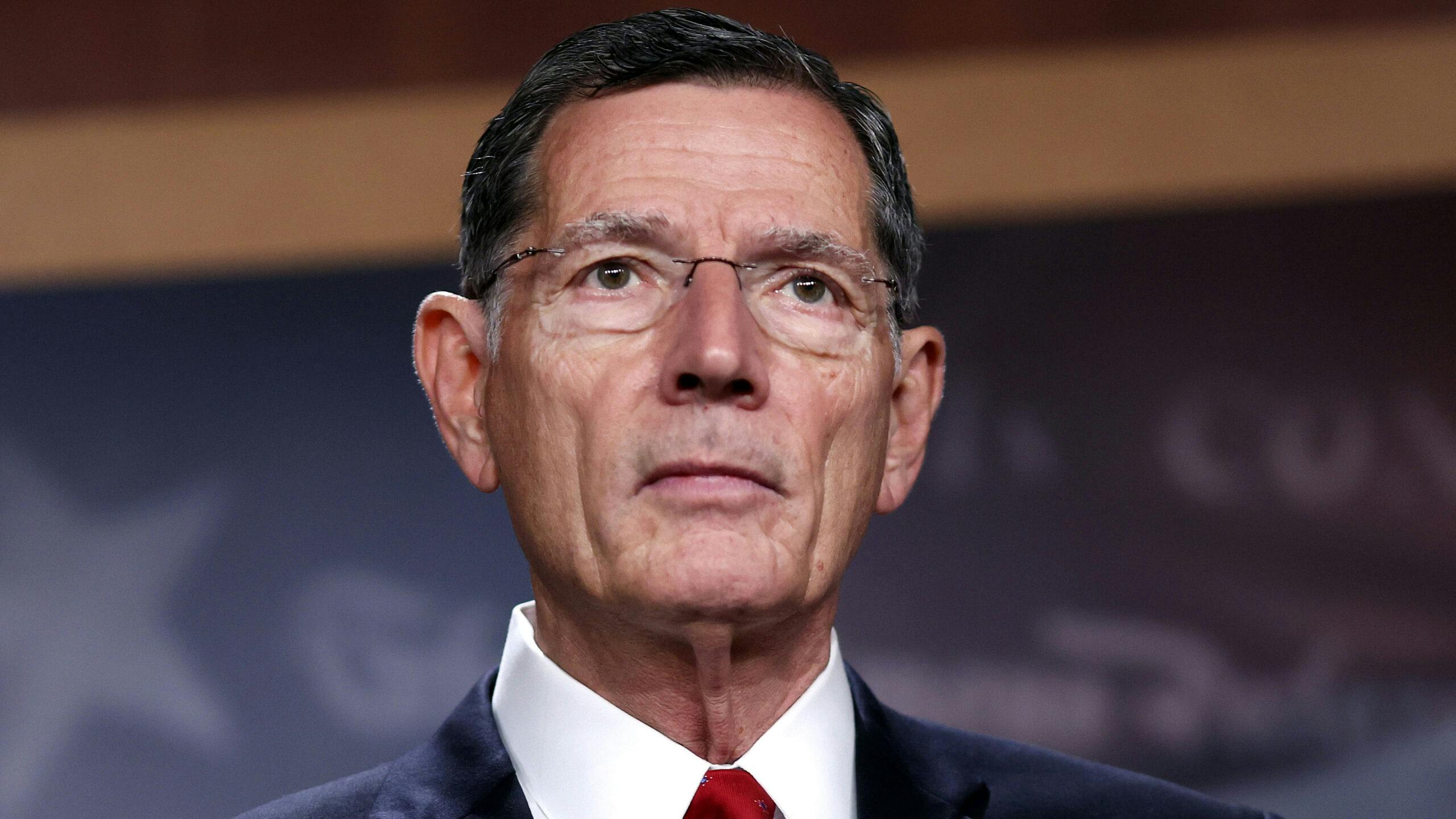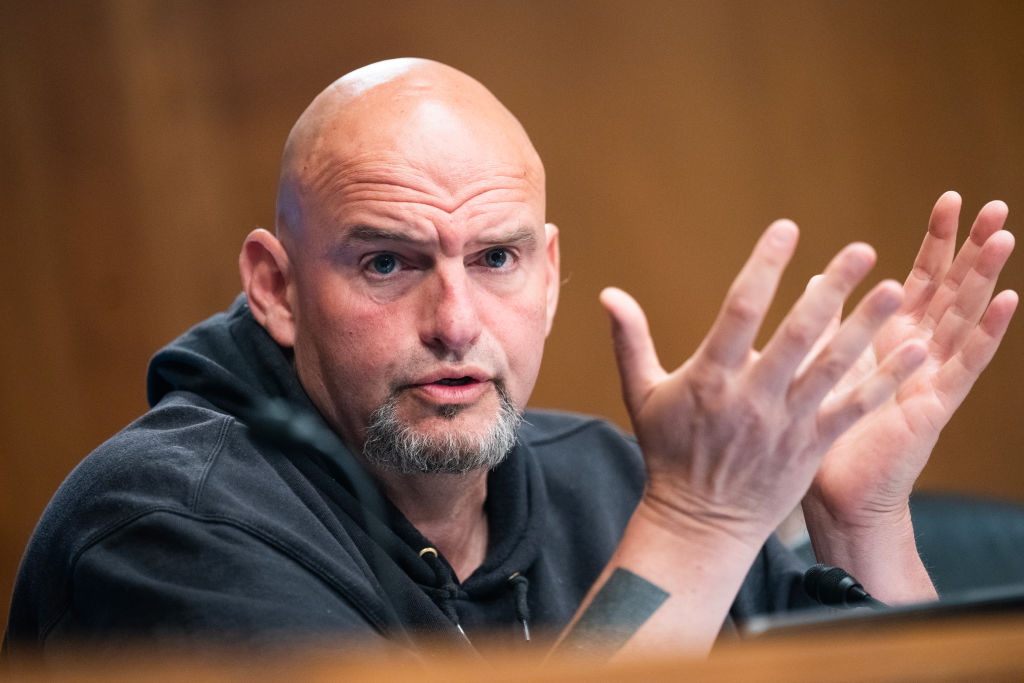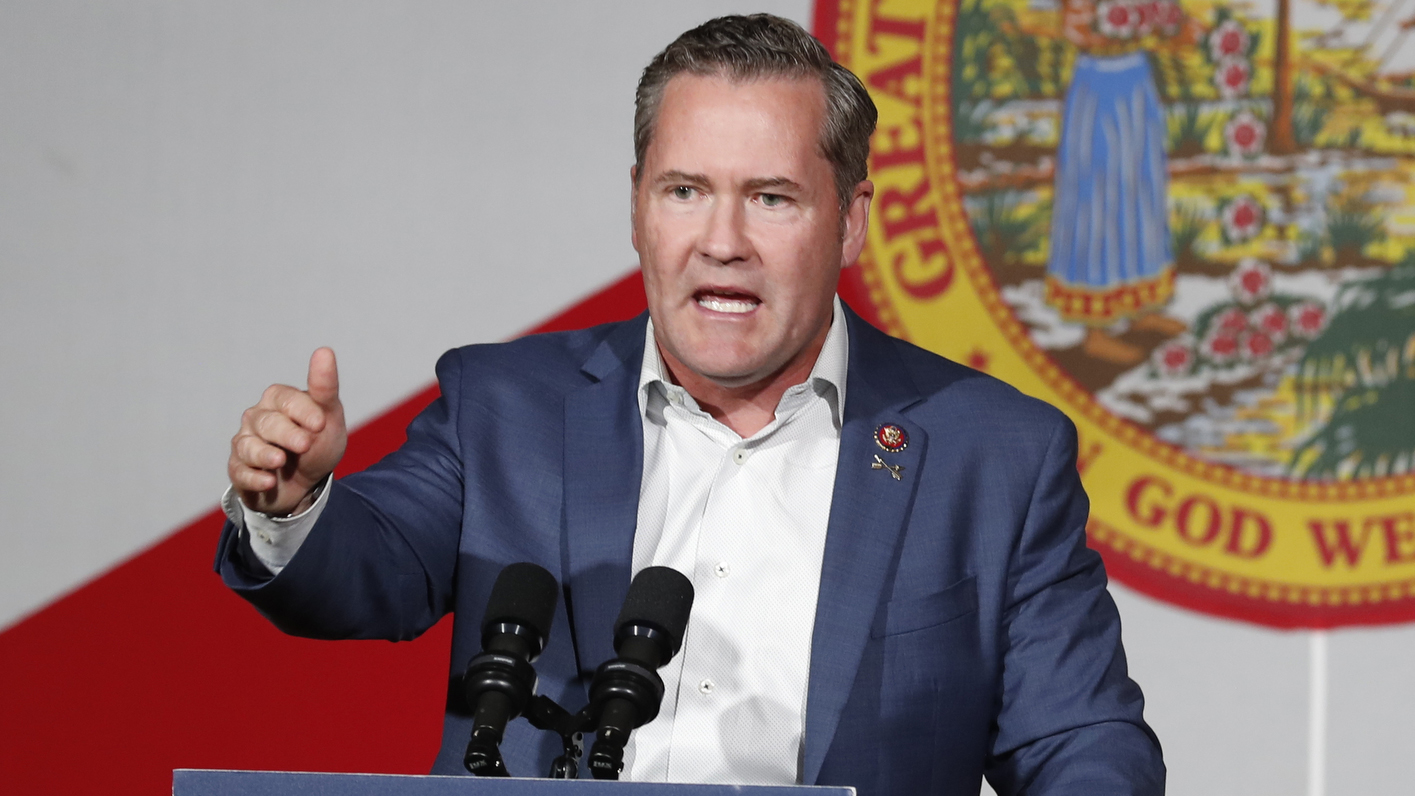China president grabs passports of public workers while U.S. ally seizes Chinese ships
South Korea and the Philippines promise to strengthen maritime cooperation



China’s President Xi Jinping has ordered his public sector employees to hand in their passports after a colossal expansion of travel restrictions was imposed by the Chinese Communist Party.
Public sector employees are subject to “personal travel abroad management,” in which the government controls who travels, how often they travel, and to where.
According to the Daily Mail, China has expanded the list of employees on the “management” list, which now includes school teachers and employees of universities, local governments and state-owned groups.
The Financial Times reported a teacher in the Sichuan region said while teachers are technically able to travel, the permit to do so would likely be denied. Xi has recently elevated the state’s involvement in cracking down on official corruption, while simultaneously increasing the Chinese government’s campaign to stop foreign spies, and tightening its grip on society.
Further, public sector employees who refuse to hand over their passports could be referred to the Chinese anti-corruption authority, face “criticism and education,” and be slapped with a travel ban of two to five years.
In early September, Bloomberg reported the passports of investment bankers from at least three state-backed brokerages in China were seized. The bankers were detained by Chinese authorities, and were told they must seek permission for both professional and personal travel.
Meanwhile, the South Korean Coast Guard has seized two Chinese-owned vessels after they were allegedly caught in South Korea’s economic exclusion zone – which extends 200 miles from a country’s coastline – fishing illegally. Tensions are currently high between China and South Korea, after the U.S. has been conducting joint military training
South Korea’s Coast Guard said the vessels were located 7.5 miles within restricted waters 50 miles from Socheong Island, according to a report from Newsweek.
China is well known for its practice of illegal, unreported, and unregulated fishing, which poses a threat to fishing grounds and ecosystems. China currently has over 500,000 fishing vessels making it the largest fleet in the world.
During an earlier incident this year, China denied it was encroaching into South Korean waters and allowing fishing vessels to illegally catch fish, with the Chinese embassy in the U.S. telling Newsweek in a statement China was simply exercising its rights to develop and use fishing resources.
“China exercises the right to develop and use the fisheries resources on the high seas in accordance with relevant international law including the U.N. Convention on the Law of the Seas,” the Chinese embassy said.
However, China has been upping its aggression toward its neighbors, attempting to bully them away from fishing grounds and oil and gas reserves in the South China Sea. In response, South Korea and the Philippines have agreed to deepen their maritime cooperation to counteract the actions of China.
South Korean President Yoon Suk Yeol met with Philippine President Ferdinand Marcos in Manila Monday, where both agreed closer ties between the two nations are essential.
“President Yeol’s visit marks an important milestone in our bi-lateral relations with the Republic of Korea. This year, we celebrate our 75th anniversary of the diplomatic ties between our two countries. Those ties have been enriched and strengthened by moments of solidarity, including during the Korean War of 1950,” Marcos said.
Marcos added the Philippines and South Korea have had a long partnership of cooperation, and have enjoyed a cordial relationship over that time which spans political, defense, economics, social, cultural, maritime, and many other fields across various levels of engagement.
“President Yeol and I likewise exchange views on regional and international issues such as the West Philippine Sea, and in the Korean peninsula. I welcome the Republic of Korea’s efforts to promote peace and stability in the Korean peninsula. The audacious initiative in the August 15th reunification doctrine, are important efforts in this regard.”
A free-trade agreement between the Philippines and South Korea has been ratified, and the two nations have further agreed to establish strong supply chains for critical raw materials.
“It’s my pleasure to announce that we have signed the following key agreements that will propel the momentum of our strategic partnership in the decades to come. To strengthen understanding, mutual trust, and confidence for the purpose of promotion, preservation, and protection of our mutual maritime interests, including maritime order and safety in the Asia-Pacific region,” Marcos said.
Yeol and Marcos signed a memorandum of understanding between the Philippine Coast Guard and the Korean Coast Guard on maritime cooperation, while also signing the memorandum of understanding on the Economic Innovation Partnership Program. This establishes a framework for cooperation between the two nations for the advancement of national, regional, and urban development in the Philippines.
Yeol said the agreements between the two nations has “opened a new chapter” and they will be cooperating on keeping maritime security a top priority.
“Today, President Marcos and I opened a new chapter of our partnership, elevating our relationship to a strategic partnership … First, our two countries concurred to strengthen strategic partnership in the security front, we agreed to our cooperation in defense industry … our two countries will reinforce maritime security partnership in such areas as tackling transnational, information sharing and conducting search and rescue,” Yeol said.
Yeol stated economic cooperation will be boosted through mutual trade agreements, and South Korean companies will be playing a major role in infrastructure projects in the Philippines.
Originally Published at Daily Wire, World Net Daily, or The Blaze
What's Your Reaction?
































































































